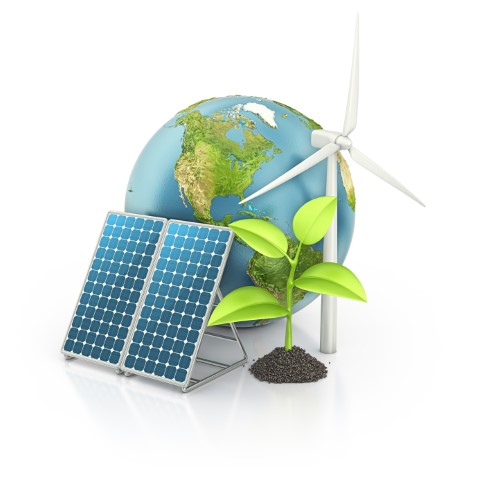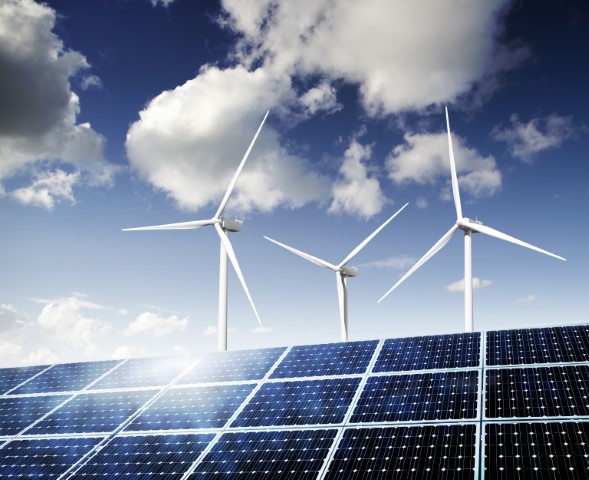This website uses cookies so that we can provide you with the best user experience possible. Cookie information is stored in your browser and performs functions such as recognising you when you return to our website and helping our team to understand which sections of the website you find most interesting and useful.
About

The global energy supply system is currently in transition from one that relies on polluting and depleting inputs and production in conventional centralized power plants to a system that relies on non-polluting and non-depleting inputs with decentralized production. Renewable energy resources are dominantly abundant, but inherently intermittent by nature, creating an urgent need for balancing power. To ensure reliable energy supply for customers, the role of energy supply management and storage technologies is expected to increase in the future. One solution to integrate larger share of renewable energy (RE) in the system is introduction of hybrid technologies. Such future energy system requires seamless integration and control of various energy inputs to optimize the stability and cost-effectiveness.
In countries where wind and solar are expected to play dominant role in the energy transition, integration of these intermittent energy sources with biomass can be used to relieve pressure from system level management by making the processes themselves more stable. Bioenergy is ideally suited for balancing due to its storage capability and flexibility. In this respect, bioenergy has potential to play a focal role as a stabilizing element in the renewable energy supply system. On the other hand, as biomass is often available only at limited quantities or limited seasons, sharing the energy supply with other RE sources contributes to stable biomass availability and using it at its best.
Bioenergy technologies are already commercially available and widely applied at various size ranges and locations and with varying types of biomass feedstocks. Integration of bioenergy with other RE sources will open completely new applications for bioenergy ranging from frequency regulation to reserve energy and other services needed to maintain a reliable and secure energy supply with low environmental impact. Fundamental technical barriers are not expected to arise as a result of such new applications. Rather, problems are expected to emerge in optimization, proper sizing, control and management of hybrid processes. A successful mitigation of these issues is needed to support and accelerate widespread implementation of the new hybrid applications.
Currently, biomass boilers are already used in systems integrated with solar heat collectors. Among other hybridization schemes, potential in sectors related to biogas and hydrocarbon-based fuels and chemicals is foreseen. In short, integrated renewable energy systems having biomass as one input, e.g. bioenergy hybrids, have the potential to take better use of abundant renewable energy sources, and produce energy reliably and affordable in comparison to separate processes operating with single energy input.
The Bioenergy RES Hybrids project targets the following market segments: renewable heating and cooling, renewable electricity generation and renewable fuels production. The main scope of this project is to:
- Monitor, review and evaluate information from ongoing R&D&D programs and operating hybrid systems to create a better understanding on the current state of bioenergy hybrid technologies;
- Identify promising hybrid solutions;
- Identify those sectors in the energy system, where bioenergy and RES hybrids could play a strategic role;
- Perform a cost and market assessment for selected hybrid processes;
- Sketch preliminary roadmaps for countries or regions seeking for new renewable solutions to facilitate transition to energy system on a sustainable ground;
- Promote cost-effective, reliable and environmentally friendly ways to produce energy.



